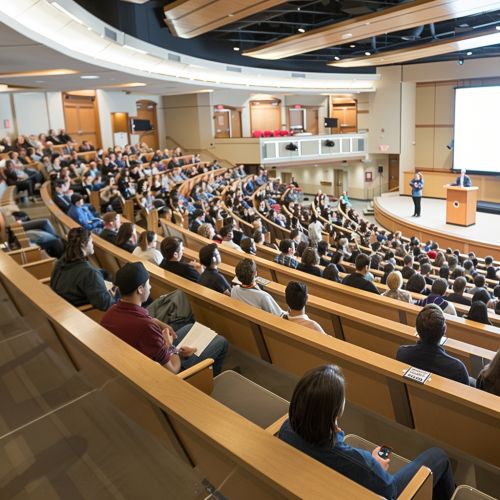John Locke Lectures
Introduction
The John Locke Lectures are an esteemed series of philosophical lectures delivered annually at the University of Oxford. Named after the influential English philosopher John Locke, these lectures have been a significant platform for contemporary philosophers to present their work since their inception in 1950. The lectures cover a wide range of topics within philosophy, including metaphysics, epistemology, ethics, and political philosophy.
History
The John Locke Lectures were established in 1950, funded by a bequest from Henry Wilde. The series was named in honor of John Locke, a prominent figure in the development of modern philosophy, particularly known for his work in empiricism and the theory of social contract. The lectures have since become one of the most prestigious events in the philosophical calendar, attracting leading philosophers from around the world.
Format and Selection Process
Each year, a distinguished philosopher is invited to deliver a series of eight lectures over the course of a term. The selection process is highly competitive, with candidates chosen based on their contributions to the field of philosophy. The lectures are open to the public and are later published, often becoming seminal works in philosophical literature.
Notable Lecturers and Lectures
Over the years, the John Locke Lectures have featured many prominent philosophers. Some of the notable lecturers include:
- Gilbert Ryle (1950) - Known for his critique of Cartesian dualism and his book "The Concept of Mind."
- P.F. Strawson (1959) - Delivered lectures that formed the basis of his influential work "Individuals: An Essay in Descriptive Metaphysics."
- Saul Kripke (1973) - Presented his groundbreaking ideas on modal logic and reference theory.
- Derek Parfit (1984) - Discussed personal identity and ethics, which later appeared in his book "Reasons and Persons."
Influence and Impact
The John Locke Lectures have had a profound impact on the field of philosophy. Many of the lectures have led to significant advancements in various philosophical disciplines. For instance, Saul Kripke's lectures on modal logic and reference theory revolutionized the understanding of necessity and contingency in metaphysics. Similarly, Derek Parfit's work on personal identity has influenced debates in ethics and moral psychology.
Recent Developments
In recent years, the John Locke Lectures have continued to attract leading philosophers. The lectures have also embraced modern technology, with many of the talks being recorded and made available online, thereby reaching a global audience. This has further cemented the lectures' role in shaping contemporary philosophical discourse.
See Also
- Metaphysics
- Epistemology
- Ethics
- Political Philosophy
- Empiricism
- Social Contract
- Modal Logic
- Reference Theory
- Necessity and Contingency
- Moral Psychology


